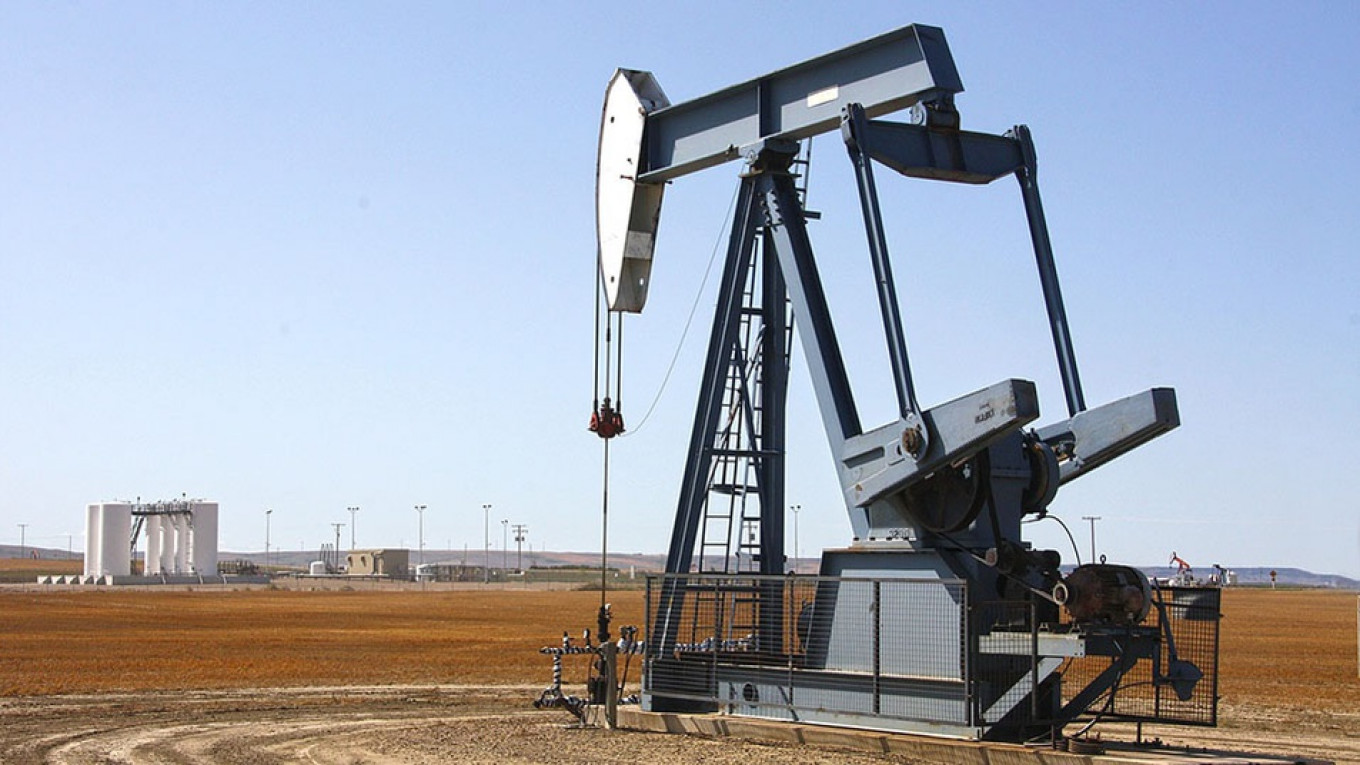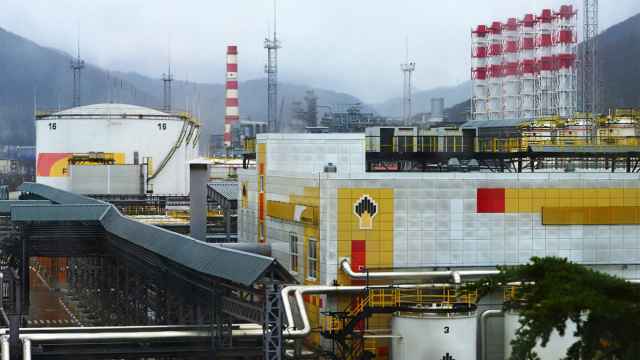Russia wants to stay out of any oil-production cuts being touted by some of its partners in an OPEC-led supply pact, two high-ranking Russian sources told Reuters.
Worried by a drop in oil prices due to slowing demand and record supply from Saudi Arabia, Russia and the United States, the Organization of the Petroleum Exporting Countries is talking about a policy U-turn just months after increasing production.
Russian President Vladimir Putin on Thursday avoided giving a direct answer on whether production should be limited, but said he had discussed the situation in global oil markets with U.S. President Donald Trump.
"We need to be very accurate here, each word matters," Putin told reporters in Singapore. "But the fact that the cooperation (with OPEC) is needed is obvious and we will cooperate."
This week, Trump said he hoped Saudi Arabia and the rest of OPEC would not cut production. Putin said an oil price of around $70 per barrel suited Russia.
A steep slide in prices has surprised many oil market participants. Brent crude has fallen from a four-year high of $86 a barrel in early October to $66 as of Thursday. Just weeks ago, some trading firms were talking of $100 oil.
"I think (oil) production should not be lowered. Yes, we have done this in the past but this was not the right systematic approach," a senior Russian government source said.
"Oil production in Russia has been on the rise in recent years, by around 100,000 barrels per day each year, and it will continue to do so in future."
Earlier this week, three sources familiar with the issue said OPEC and its partners were discussing a proposal to cut oil output by 1.4 million barrels per day (bpd), although Russia may not be on board for such a large reduction.
Another source familiar with Russian thinking said Moscow may support smaller cuts, most likely by other producers.
"We think 1 million bpd (cuts) is more realistic, not 1.4 million bpd ... But who is going to do this is another question," the source said. Putin said last month that Russia was able to add another 200,000–300,000 bpd to its production.
Russia pumped 11.41 million bpd in October, a post-Soviet high. October's level was proposed by Saudi Energy Minister Khalid al-Falih as the reference point for any cut.
Russia's October level was around 460,000 bpd more than the 10.947 million bpd it had initially been bound to produce under the supply pact agreed with OPEC and other allies.
A small reduction from the October level would be a "win-win" for Moscow, the second source said. Alternatively, Russia may propose not to increase output further, instead of a cut, the source said.
Companies oppose
Saudi-led OPEC and a group of non-OPEC nations, dominated by Russia, have been cooperating to limit oil supply since the start of 2017. They partially unwound their reduction in June after pressure from Trump, who wanted lower oil prices.
The producers, known informally as "OPEC+", will convene in the first week of December in Vienna to decide further steps.
Another indication of the likelihood of any Russian output cut can be gleaned from the head of Kremlin-controlled energy giant Rosneft, Putin ally Igor Sechin.
He eschewed a direct response on Wednesday on whether curbs were needed, saying oil prices were adjusting after being hit by initial uncertainty about production in Iran, which later benefited from export waivers from U.S. sanctions.
"It (the oil price) is already growing," he said, as Brent rebounded from a steep sell-off the previous day. "I believe that this uncertainty which affected the oil price was largely due to Iran. Now everything is being adjusted."
Rosneft, which accounts for 40 percent of Russian oil production, plans to raise its liquid hydrocarbon output further next year, to 241 million tonnes, or 4.8-4.9 million bpd, from 4.73 million bpd in the third quarter.
Another large Russian oil producer, Gazprom Neft, is ready to lift output by a further 20,000-30,000 bpd this year and by 50,000 bpd next year. The head of Lukoil, Vagit Alekperov, voiced opposition this week to any cut.
Surging U.S. production is a headache for OPEC+. The country's crude output is expected to average 12.06 million bpd in 2019, passing 12 million bpd sooner than expected on surging shale supply, the U.S. Energy Information Administration said this month.
"U.S. oil production will soon plateau. It can't grow indefinitely," the Russian government source said.
In the previous round of global production cuts, Russian oil companies first opposed the move but then relented under orders from Putin.
The Russian Energy Ministry did not immediately reply to a Reuters request for a comment.
A Message from The Moscow Times:
Dear readers,
We are facing unprecedented challenges. Russia's Prosecutor General's Office has designated The Moscow Times as an "undesirable" organization, criminalizing our work and putting our staff at risk of prosecution. This follows our earlier unjust labeling as a "foreign agent."
These actions are direct attempts to silence independent journalism in Russia. The authorities claim our work "discredits the decisions of the Russian leadership." We see things differently: we strive to provide accurate, unbiased reporting on Russia.
We, the journalists of The Moscow Times, refuse to be silenced. But to continue our work, we need your help.
Your support, no matter how small, makes a world of difference. If you can, please support us monthly starting from just $2. It's quick to set up, and every contribution makes a significant impact.
By supporting The Moscow Times, you're defending open, independent journalism in the face of repression. Thank you for standing with us.
Remind me later.






